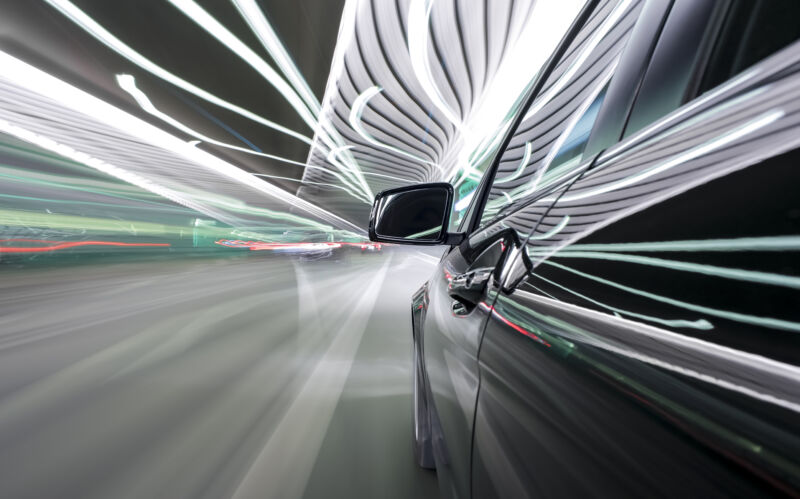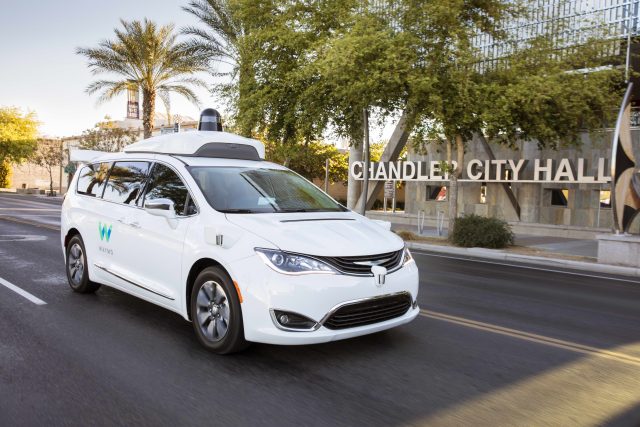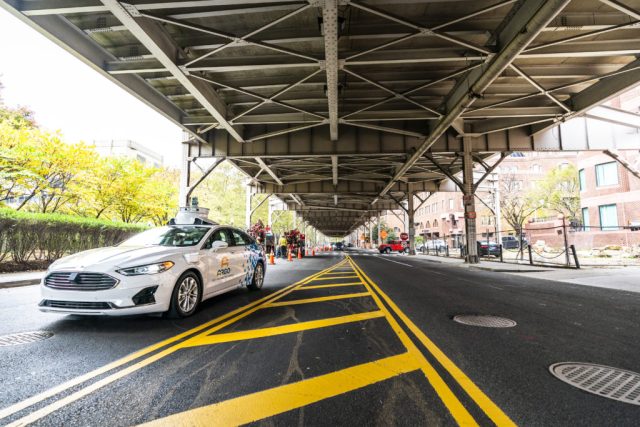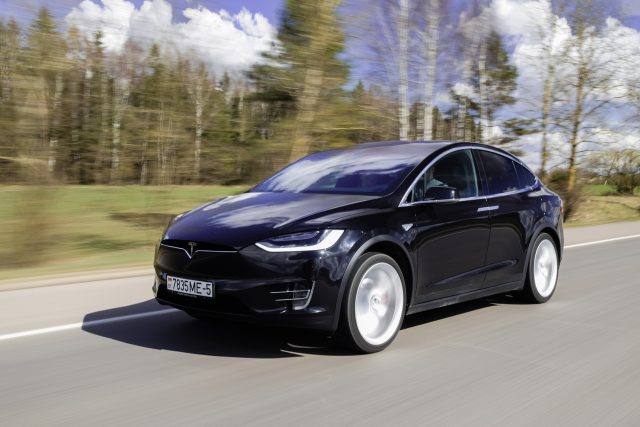Who Has the Best Self Driving Car Technology

The self-driving technology industry is in a strange state right now. A number of companies have been pouring millions of dollars into self-driving technology for years, and many of them have prototype self-driving vehicles that seem to work.
Yet I know of only one company—Waymo—that has launched a fully driverless commercial taxi service. And I only know of one company—Nuro—that's running a driverless commercial delivery service on public roads. You'd expect these companies to be capitalizing on their early leads by expanding rapidly, but neither seems to be doing that.
Meanwhile, several other players, including Cruise and Mobileye, say they're planning to launch large-scale commercial services by 2023. But plenty of self-driving companies have blown past self-imposed launch deadlines in the past, so it's not clear if that will actually happen.
In short, predicting what the next couple of years will bring is a challenge. So rather than offering a single prediction, here are eight: I've broken down the future into eight possible scenarios, each with a rough probability. Hopefully, breaking things down this way offers a good overview of the many different strategies being pursued by self-driving companies today. A decade from now, we'll be able to look back and say which companies or approaches were on the right track. For now, we can only guess.
1. Waymo wins (20 percent)

Waymo
Waymo has been viewed as the self-driving industry's technology leader ever since it started as the Google self-driving car program more than a decade ago.
In the optimistic scenario, Waymo will maintain and expand its current lead. It will grow its current taxi service from one corner of the Phoenix metro area to all of Greater Phoenix, then steadily expand to other metro areas. Running the largest driverless taxi service could give Waymo access to more real-world driving data and operational experience than any other company has, which could allow it to further improve its software and maintain its lead.
So why do I only give Waymo a 20 percent chance? While Waymo still seems to be the technology leader, it hasn't capitalized on its lead as well as many people—apparently including Waymo's own leadership—expected a few years ago.
In 2018, Waymo announced deals to purchase "up to" 82,000 vehicles for use in its taxi fleet, suggesting the company thought it was on the verge of large-scale commercial launch. Yet today its fleet still numbers in the hundreds of vehicles.
I don't know why Waymo is moving slowly. Maybe its software has become excessively optimized for suburban Phoenix. Maybe its hardware or back-end support costs are too high to operate profitably. Maybe there are lingering safety or reliability concerns that Waymo wants to squash before expanding in a big way.
But whatever the issue, it may not go away any time soon. Which could leave an opening for other companies.
2. Another robotaxi company wins (25 percent)

Argo
Plenty of other companies are pursuing the same basic strategy as Waymo—building and operating a robotaxi fleet. These include:
- Cruise (owned by GM, Honda, and others)
- Argo (owned by Ford and Volkswagen)
- Motional (owned by Hyundai and auto-parts supplier Aptiv)
- Zoox (a startup that was recently acquired by Amazon)
- Aurora (a startup that recently acquired Uber's self-driving program)
If Waymo falters, I think it's most likely to be on business execution: Waymo continues to have industry-leading technology but fails to expand rapidly enough to take full advantage of it. Running a taxi service with a few hundred vehicles in one metro area (as Waymo is doing now) is a very different proposition from running a taxi service with hundreds of thousands of vehicles in dozens of cities.
Automaker-backed companies like Cruise, Argo, and Motional might have a greater ability to rapidly scale up production of self-driving vehicles. Amazon obviously has a lot of experience with large-scale logistical problems. And Aurora has a close relationship with Uber, which might provide Aurora with preferential access to its ride-hailing network.
3. Tesla (and Comma.ai) wins (5 percent)

This will make Tesla fans mad, but I think it's true: Tesla is a long shot.
The bullish case for Tesla is that it has access to a vast trove of real-world driving data harvested from customers' vehicles. If you think limited training data is a major bottleneck for improving self-driving algorithms, then this might be a significant advantage. Tesla CEO Elon Musk also has a bigger appetite for risk than most of the other companies working on self-driving technology. Musk's willingness to put unproven technology on public roads may accelerate Tesla's progress even as it creates a greater risk of fatal accidents.
On the other hand, Tesla has significant disadvantages. The company's business model—selling cars to end users—puts lidar sensors and high-density maps financially out of reach. Elon Musk has tried to spin this as a positive, calling lidar a "crutch." But the fact remains that almost every other company is using lidar and HD maps because it believes they are helpful.
More fundamentally, it's hard to watch videos of Tesla's software in action and conclude that Tesla is in a leading position—or even that it is catching up to the leaders. Tesla's unfortunately named "full self-driving beta" software routinely flubs scenarios that Waymo's cars have been able to handle for years.
If I'm wrong and Tesla's strategy does succeed, that would be very good news for Comma.ai, a self-driving startup founded by legendary hacker George Hotz. Comma is building an open source self-driving system designed to run on a smartphone. Comma's strategy is to enable early adopters to modify their own cars to take steering inputs from Comma's smartphone-based software—and then use the data harvested from those early customers to further improve the software in much the same way as Tesla. Like Tesla, Comma has eschewed lidar, arguing that it can achieve adequate performance with smartphone-grade cameras.
Hotz's ultimate goal is for Comma to be the Android to Tesla's Apple. That is, if Tesla emerges as a clear leader in self-driving technology, other automakers will need to license their own self-driving technology to compete with Tesla. Hotz hopes that Comma's software will become an industry standard among automakers, much as Android is an industry standard for smartphones not made by Apple.
Who Has the Best Self Driving Car Technology
Source: https://arstechnica.com/cars/2021/04/who-will-win-the-self-driving-race-here-are-8-possibilities/
0 Response to "Who Has the Best Self Driving Car Technology"
Post a Comment